Control engineers and AI experts team up to make drones that fly more smoothly close to the ground.
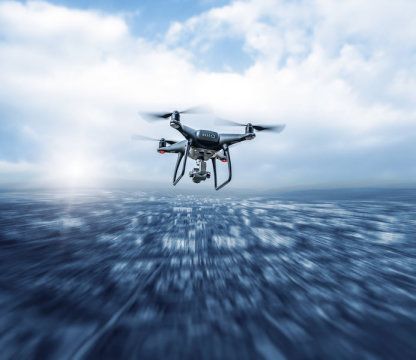


DARPA, the Department of Defense’s research arm, is paying scientists to invent ways to instantly read soldiers’ minds using tools like genetic engineering of the human brain, nanotechnology and infrared beams. The end goal? Thought-controlled weapons, like swarms of drones that someone sends to the skies with a single thought or the ability to beam images from one brain to another.
This week, DARPA (Defense Advanced Research Projects Agency) announced that six teams will receive funding under the Next-Generation Nonsurgical Neurotechnology (N3) program. Participants are tasked with developing technology that will provide a two-way channel for rapid and seamless communication between the human brain and machines without requiring surgery.
“Imagine someone who’s operating a drone or someone who might be analyzing a lot of data,” said Jacob Robinson, an assistant professor of bioengineering at Rice University, who is leading one of the teams. [DARPA’s 10 Coolest Projects: From Humanoid Robots to Flying Cars].
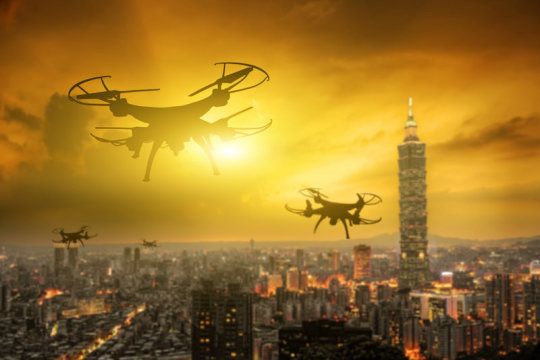

What if drones and self-driving cars had the tingling “spidey senses” of Spider-Man?
They might actually detect and avoid objects better, says Andres Arrieta, an assistant professor of mechanical engineering at Purdue University, because they would process sensory information faster.
Better sensing capabilities would make it possible for drones to navigate in dangerous environments and for cars to prevent accidents caused by human error. Current state-of-the-art sensor technology doesn’t process data fast enough—but nature does.

Standard snapshots from space don’t quite show Earth in all its glory. There’s so much more to see.
To reveal details impossible to observe with the naked eye, Rice University engineers are building a portable spectrometer that can be mounted on a small satellite, flown on an airplane or a drone or someday even held in the hand.
Bioengineer Tomasz Tkaczyk and his colleagues at Rice’s Brown School of Engineering and Wiess School of Natural Sciences have published the first results from a NASA-funded project to develop a small, sophisticated spectrometer with unusual versatility. Their paper appears in Optics Express.
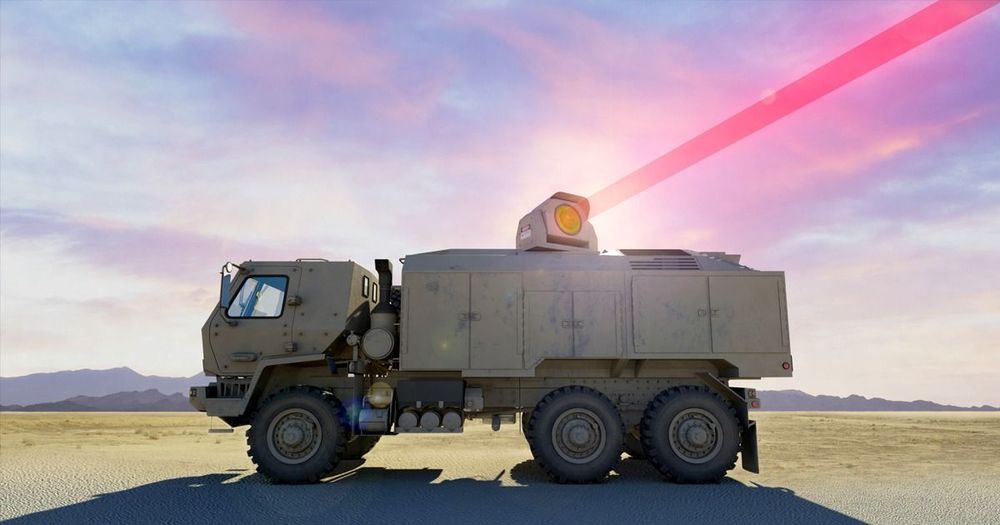
Pew pew o.o
“High energy laser weapons have been a system that the United States has wanted to add into their defense portfolio since the invention of the laser,” said senior VP of contracts at Dynetics Ronnie Chronister in a press release.
The system was designed to defend against missiles, rockets and artillery, according to Defense News. It could also prove useful against military drones and other unmanned aircraft.
The news comes after luxury automaker Rolls-Royce unveiled a new hybrid power source intended to continuously power 100-kilowatt laser weapons earlier this week. According to today’s statement, Rolls-Royce will provide the power source and thermal management system for the HEL TVD.
Latvian company Aerones created the machine, which — according to the company — can fly up to 984 feet, compared to 100-foot-height that firefighter ladders can reach. The drone is fitted with a water hose from a fire truck, and is controlled by a pilot on the ground remotely. However, the drone does suffer from low battery life, providing only 30 minutes flight time from a 90-minute charge. It’s still in development, but Aerones hopes to use the machine for real-life operations soon.
See more from Aerones: https://www.aerones.com/eng/
Tech Insider tells you all you need to know about tech: gadgets, how-to’s, gaming, science, digital culture, and more.
TI on Facebook: https://www.facebook.com/techinsider
TI on Instagram: https://www.instagram.com/tech_insider/
TI on Twitter: https://twitter.com/techinsider
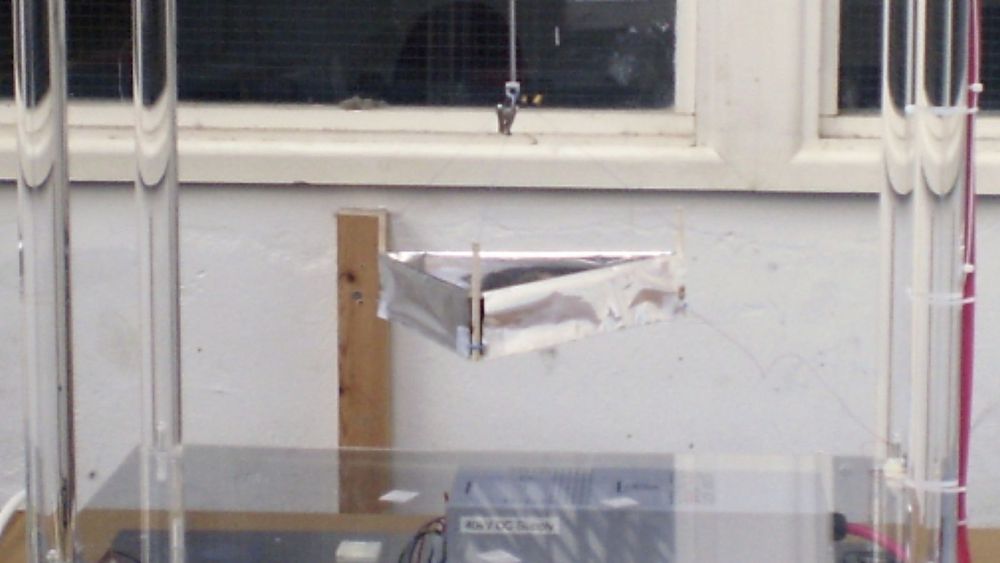
Stealth drones and other aircraft of the future could be powered by engines that don’t have any moving parts, can’t be detected by infrared, and are more efficient than what we have today. A new study by MIT researchers demonstrated all of these capacities and more for ionic thrusters and now at least one major aerospace company, Lockheed Martin, has said it’s investigating the technology.
“I think UAVs would be the most likely initial application if [ionic thrusters] work,” said the lead researcher in the study, MIT aerospace professor Steven Barrett, in an email to The Verge. Ionic thrusters for aircraft work by generating a high-voltage electrical field that strips electrons from air molecules, “ionizing” them and pushing them away behind an aircraft as ionic wind, to move the craft forward. Scientists and hobbyists have been tinkering with small, lightweight model planes using these kinds of propulsion systems since the 1960s. The technology uses no moving parts and is almost completely silent. It hasn’t come to full-size planes, though, due to power concerns.

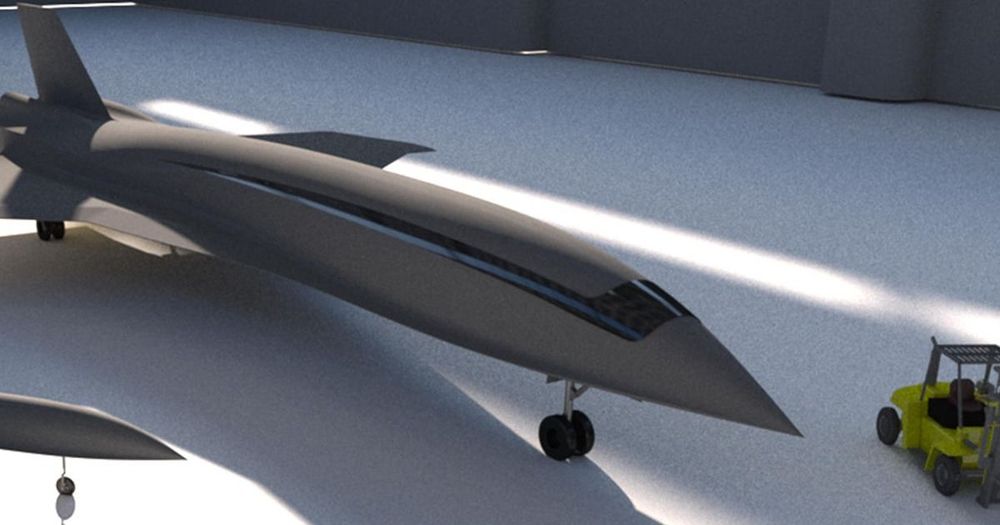
Planes, Drones, and AI Machines
But going from Mach 2 to Mach 5 is not an easy undertaking. Hermeus is hoping to pull from existing technologies to make its insanely fast passenger plane a reality, including titanium materials and cutting edge rocketry.
It’s impossible to tell what the future of air travel will look like. If supersonic airplanes aren’t it, SpaceX founder Elon Musk has pushed for the idea that we’ll go between Earthly destinations in rockets that can technically take us to Mars.